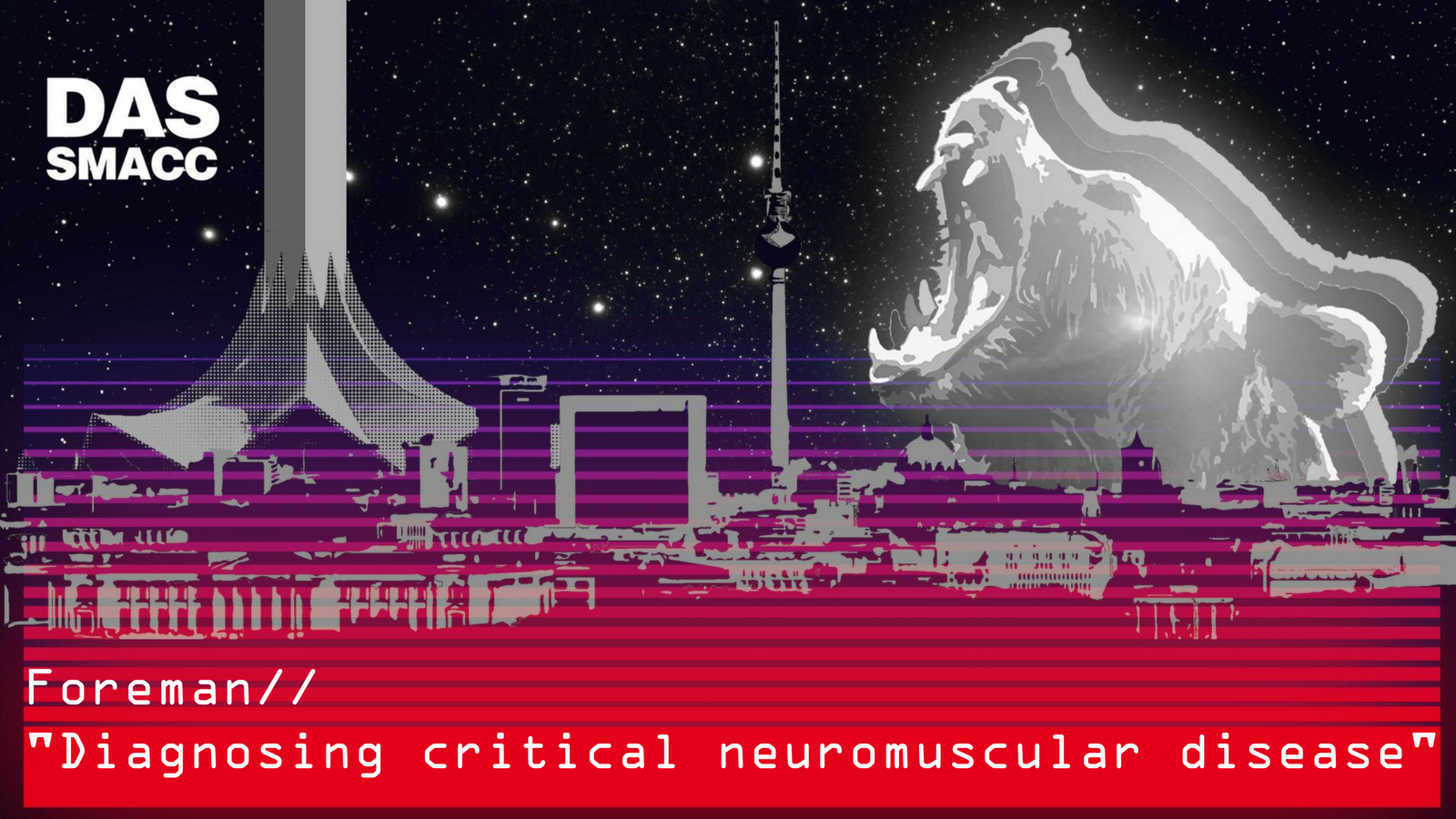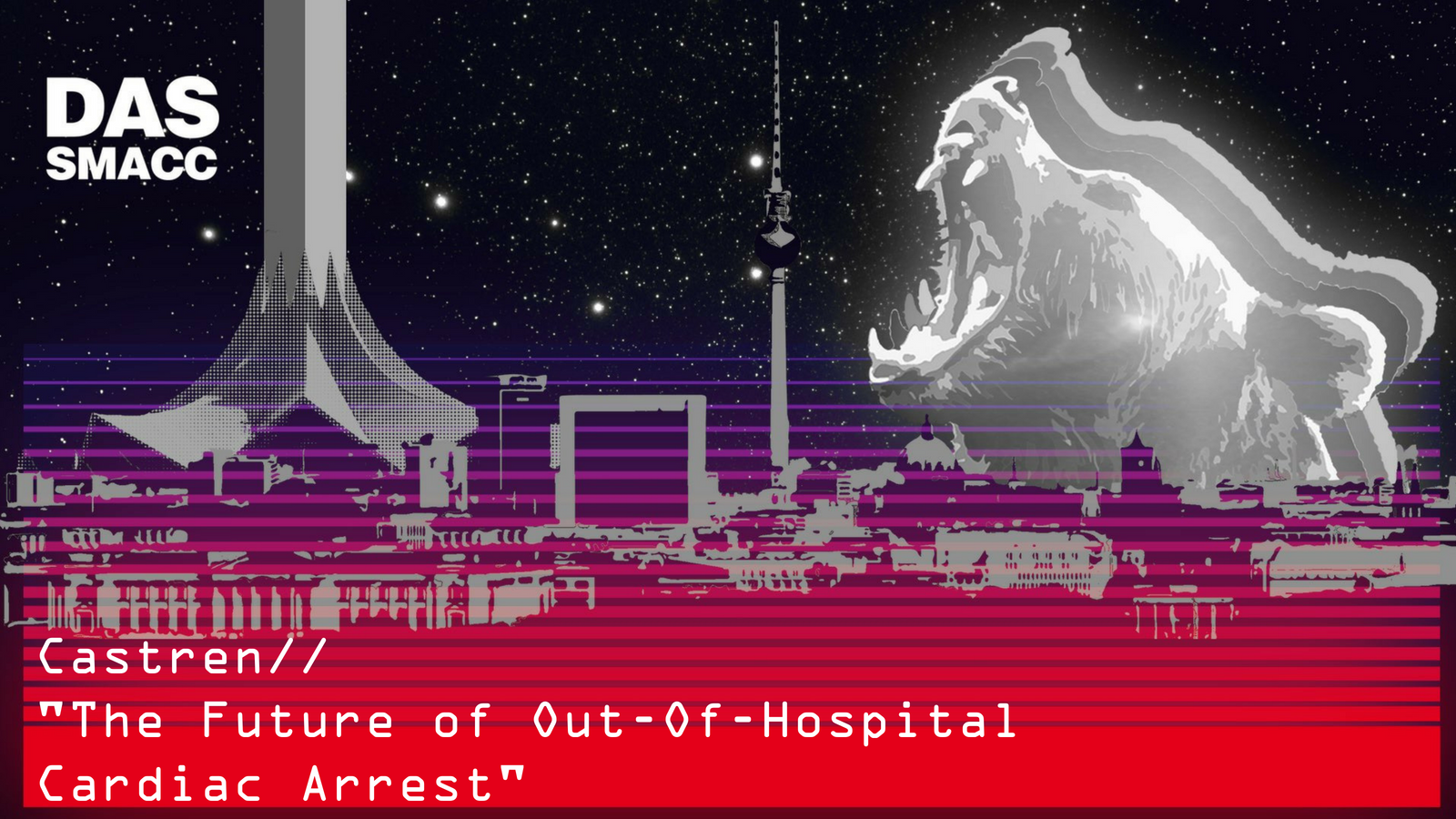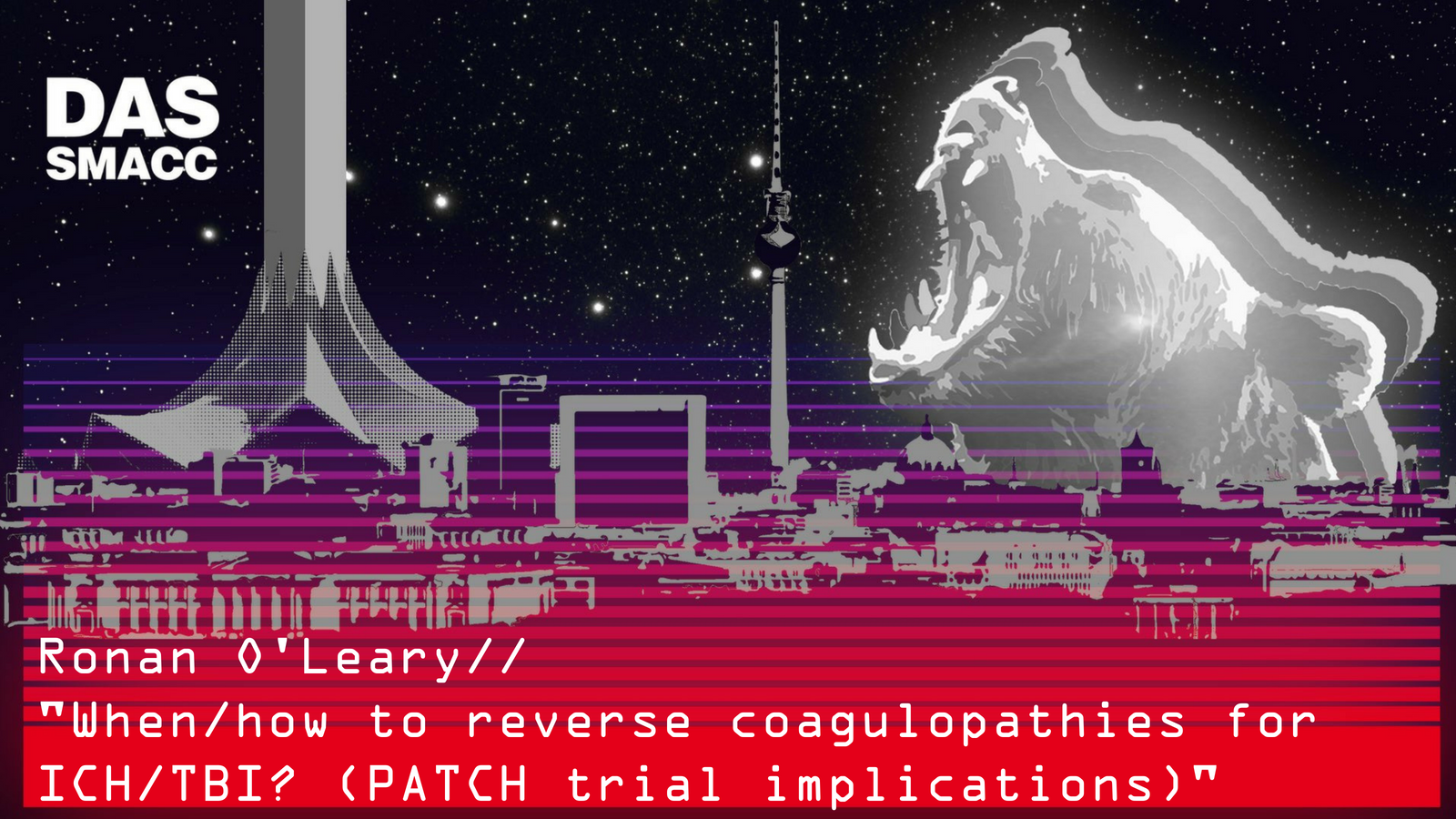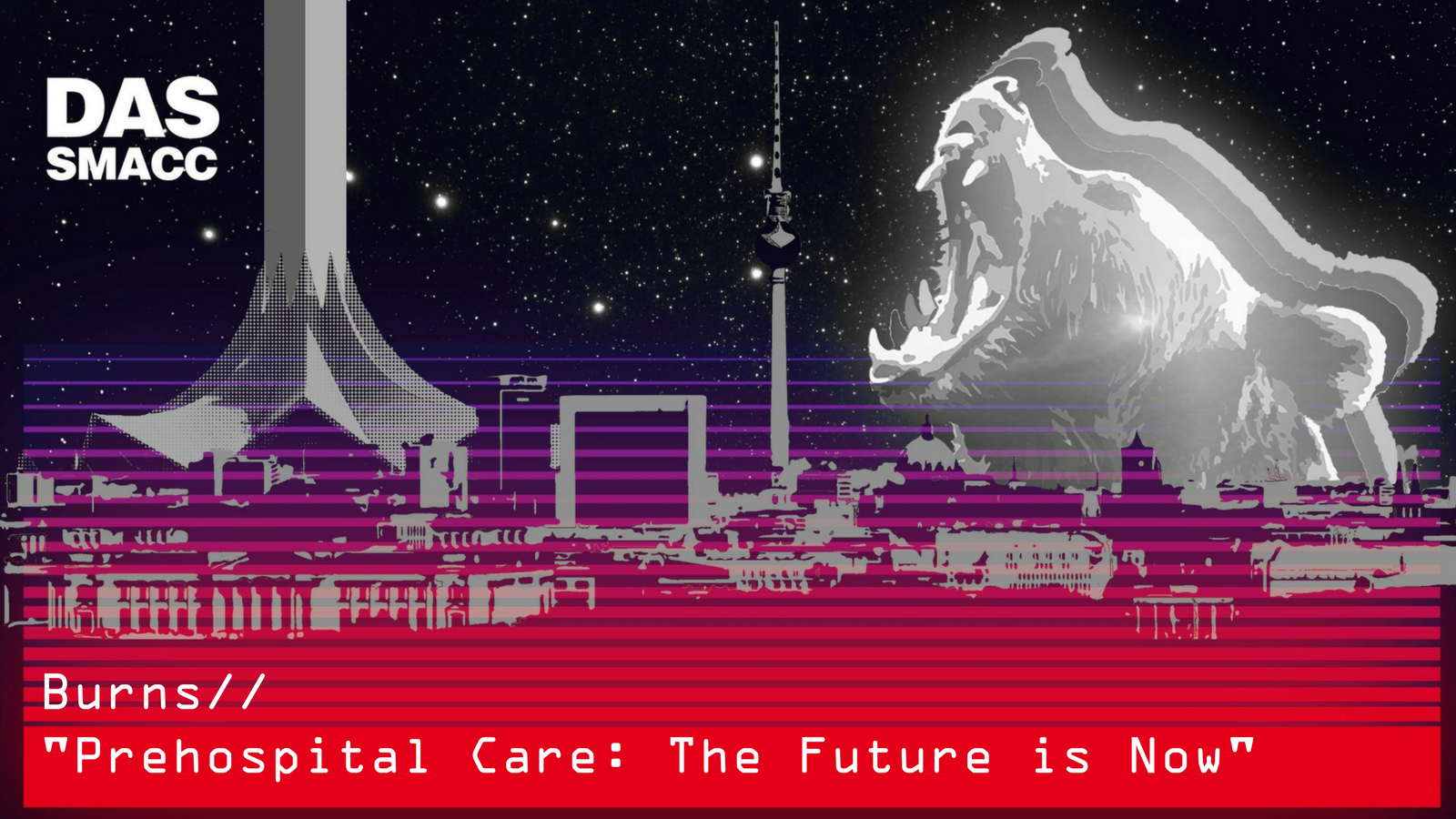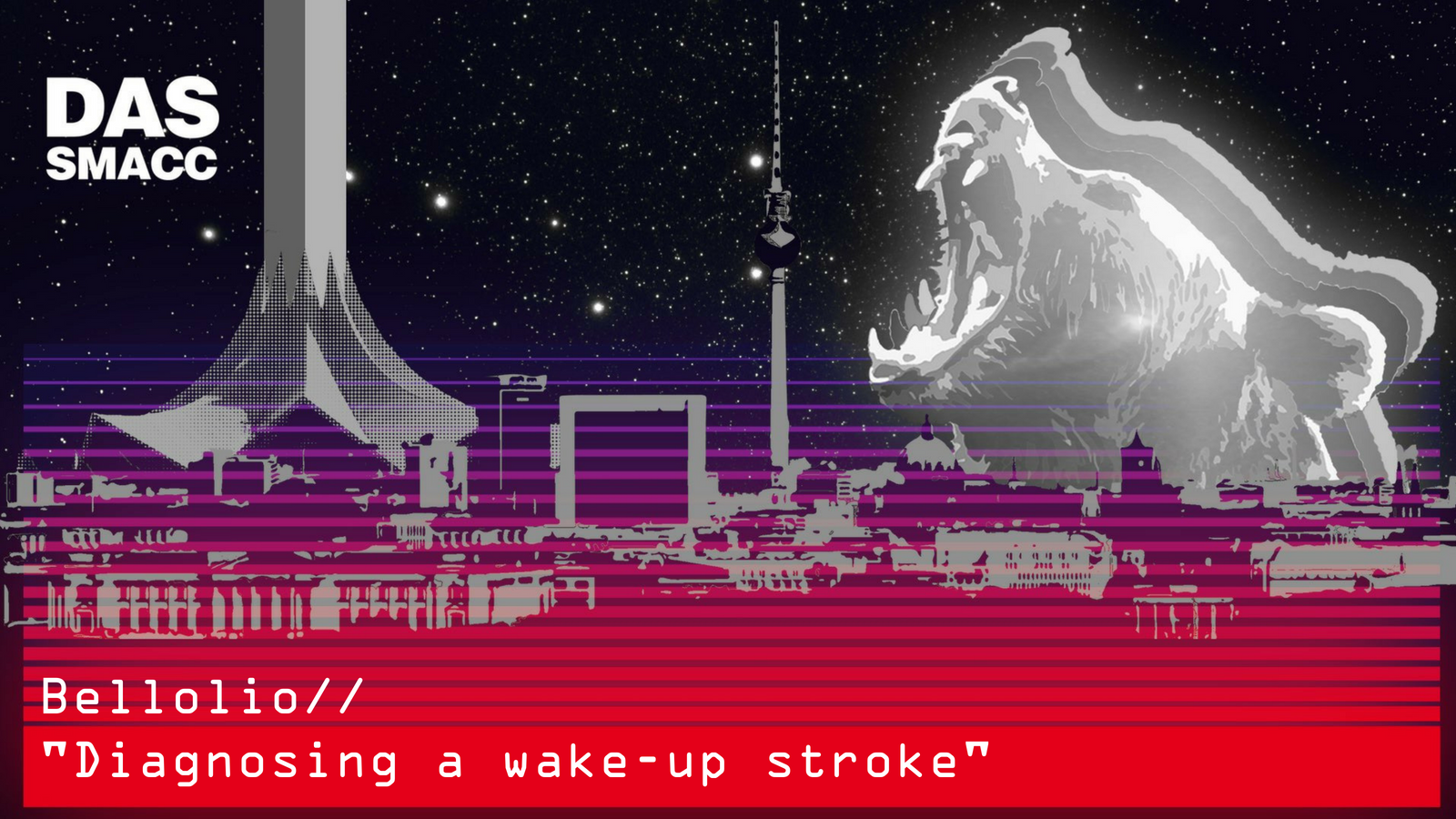The age of patients with TBI is increasing, especially in high income countries, and the median age of patients admitted to the ICU has doubled over the last three decades. Age is clearly a strong outcome predictor in TBI. However, the perception of a universally poor outcome has sometimes led to therapeutic nihilism and less aggressive treatment for older patients. The bleak outcomes that result from this approach reinforce self-fulfilling prophecies of poor prognosis and current prejudices. However, uniform nihilism is unjustified: when older patients are treated in a timely and appropriate manner, favourable outcomes can be achieved in a substantial proportion of patients. However, the high burden of prior comorbidity, pre-injury therapies (such as anticoagulant and antiplatelet therapy), and reduced physiological reserve, not only affect outcome, but modulate physiology and host response, and hence demand changes in management strategies.



